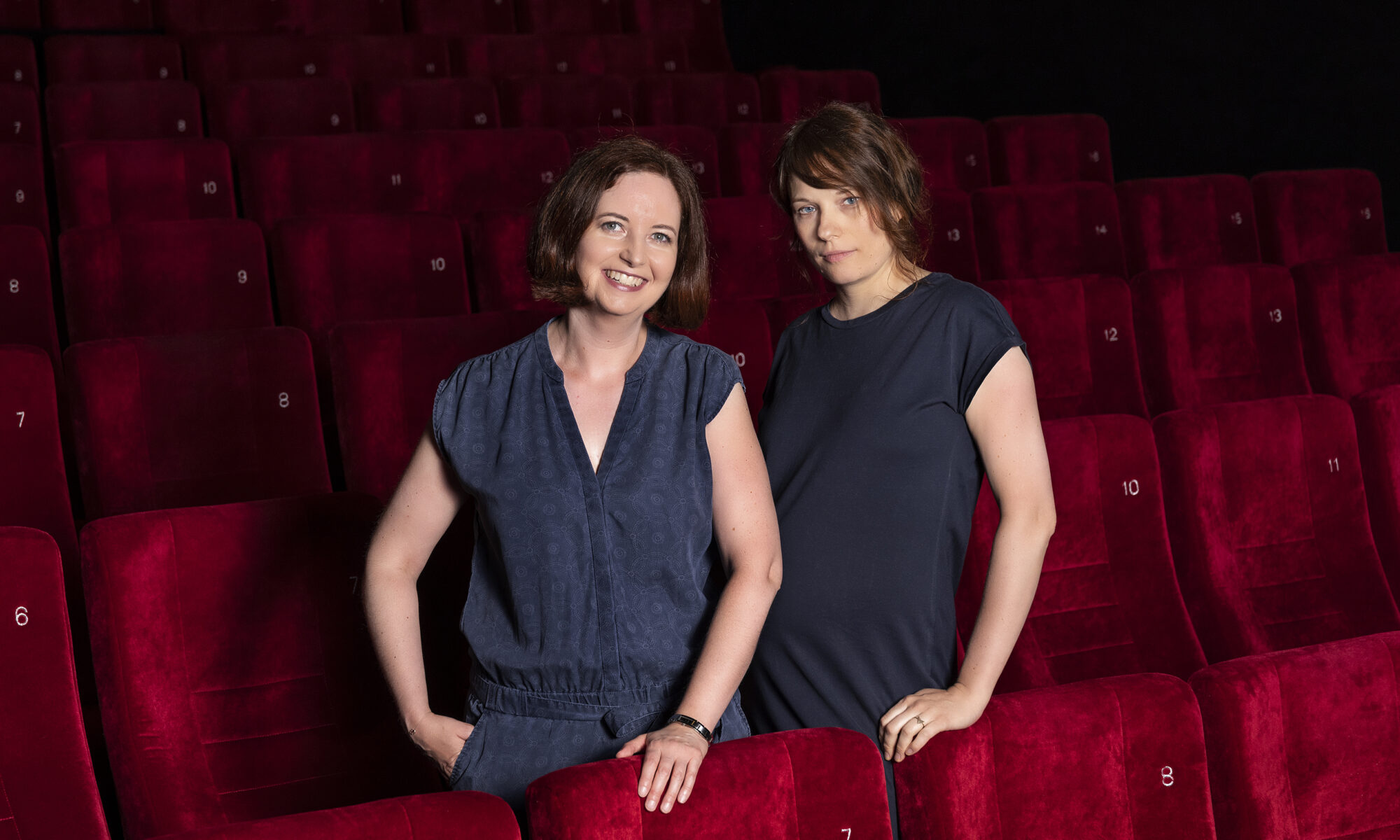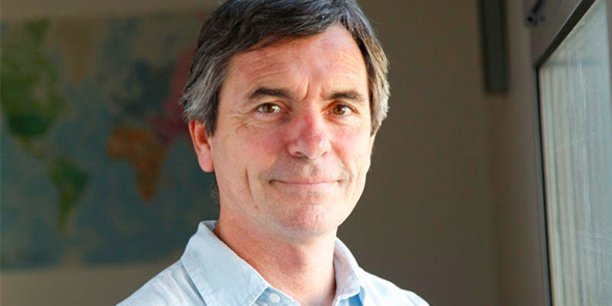After two years of corona restrictions, Crossing Europe in Linz is on the way back to a kind of normal operation this year. The new management duo is focusing on consolidation and continuity. The program of the film festival will be presented on Thursday.
© Violetta Wakolbinger — Sabine Gottesroither and Katharina Riedler
–
You took over the management of Crossing Europe together in October – from Christine Dollhofer, who switched to Filmfonds Wien after 18 years at the festival. You have already helped shape the festival in other positions. Can one assume a certain continuity?
Sabine Gottesroither and Katharina Riedler: Yes, you can. For both of us, the decidedly European orientation of the festival, which Christine Dollhofer has practiced for many years, is practically the DNA of Crossing Europe. We know Linz and the cinema audience in the city very well, and that’s why we know about the standing of the festival – it is enormously important that the orientation, size and “packaging” of a cultural event suit the city. That’s why, in our opinion, the casual, low-threshold style of Crossing Europe goes very well with Linz. Just the thought of wanting to set up a red carpet festival here makes everyone smile… We are continuing many things because they work, especially in the area of festival organization. We have adapted little things, rethought them, also in the program. For example, this year we have a European short film program for the first time.
What goals have you set yourself for the first year?
After two years of the pandemic, you have to be very pragmatic. The last two festival editions were not easy, the festival had to be canceled in 2020 – and it was then “made up” in several parts over the rest of the year. And in 2021 we had to postpone and do a »Corona issue«. That’s why it’s important to us that we consolidate this year – and at all levels. The big upheaval won’t come this year. And there are many things we want to continue in a targeted manner, but there are already ideas for new things – then for 2023.
Where do you see Crossing Europe on the Austrian and European festival map? To put it another way: How would you describe the positioning of the festival or how it differs from other festivals?
Interestingly, there are only a handful of film festivals in Europe that have a »purely« European program orientation. Crossing Europe is one of them – and we are associated with six other film festivals with a European focus in an international festival network: MIOB – Moving Images Open Borders. Within Austria, we are closing the gap between Diagonale, with its focus on Austrian filmmaking, and the Viennale, which is supposed to cover more or less “everything” – the whole world. In addition, our focus is on presenting a generation of young filmmakers from Europe – especially in the two competition sections »Competition Fiction« and »Yaaas! Competition« – and we are also promoting our Yaaas! youth program, which is aimed specifically at 15 to 20 year olds.
After a long period of peace, war has been raging in Europe again for a few weeks. How does this development affect the festival?
Since film is a medium that cannot react incredibly quickly, it is of course not the case that there are films that already make reference to the situation in Ukraine, for example. But even films that do not refer directly to current events can give food for thought. And that’s how we see it very strongly in this year’s festival program. Certain things that lead to a conflict like the one in Ukraine – be it a totalitarian regime, ethnic conflicts, problematic political settings from the 20th century – can be found all over Europe.
Even if a film in the festival program is not playing in Ukraine but in another country where there are similar mechanisms at the political level, it can also lead to a gain in knowledge. For example, what we want to show with one of our opening films, »Journey to the Sun«, is the massive impact of war on civilian populations. Children sent by Caritas from post-war Vienna to Portugal to recover. The protagonists, who are still alive, tell what it was like to come to Portugal as a five-year-old, not knowing anyone, not being able to speak the language … It is important to us that we enable the audience to see the »bigger picture« .
Which thematic focuses and highlights can the audience in Linz particularly look forward to?
Aside from the film program, we will also revive the musical Nightline this year – albeit in a slimmed-down form due to the pandemic. About the film program: Diversity in the program is important to us, and that there is a wide variety of things to discover during the festival, also for different tastes. It is also important to us to show that Europe is diverse and multilingual. We also see ourselves in the tradition of Christine Dollhofer. And in addition to content and themes, we are particularly concerned with film art. What can film or what can film achieve as »seventh art«, in times like we are currently experiencing? And as a next step, we would like to try to bring cinema back into consciousness as a social space.
That Crossing Europe Film Festival takes place in Linz from April 27th to May 2nd. The film program will be online from April 14, and advance ticket sales will begin on the same day.


